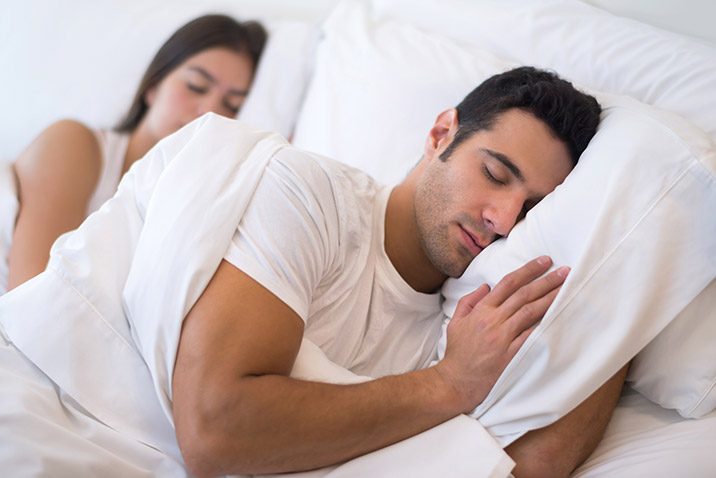
Does Sleep Deprivation Cause Hair Loss?
The effects of staying up late either willingly or otherwise result in a lot more than groggy mornings and eye bags. One of the consequences of insufficient sleep is hair loss. In this post, we explore
how lack of sleep impacts your hair.
Understanding hair loss
There are various forms of men's hair loss or alopecia. Male pattern baldness (MPB) or androgenetic alopecia is one of the most common causes of hair loss in men. This is a progressive condition that comes about as a result of the hair's sensitivity to hormone DHT. Most males will start noticing hair loss or thinning hair at 21 years of age.
Women also suffer from this form of hair loss. However, in women, it is more general, unlike in men where it is concentrated.
The other form of alopecia, and which is most likely to be caused by insufficient sleep, is telogen effluvium. This type of hair loss may cause a person to lose about 50-70% of their hair in a short duration. Although the condition is temporary, its effects could become long-term.
How lack of sleep affects your hair's health
In the modern, fast-paced world, it is not uncommon for people to neglect sleep in favor of work. Stress at work or everyday life may also give way to insomnia. Sleep is your body's natural way of restoring, repairing, and rejuvenating itself.
Prolonged lack of sleep further stresses your body resulting in hormonal disruptions and a weak immune system. Hormonal disruption can be directly linked to hair loss. This is because insufficient sleep results in lower levels of human growth hormone (HGH), which is known to cause various health issues among them being thinning hair. Stress also causes your hair follicles to stop growing, thus inducing hair loss.
Can this be remedied?
The only way to mitigate premature hair loss due to unsuitable sleep habits is by adjusting your lifestyle. Doctors recommend that you get at least eight hours of sleep every night, and try to maintain a regular sleep routine. Avoid distractions such as working on your computer or watching TV just before going to sleep. Also, avoid eating food or drinking alcohol close to bedtimes. Take time to unwind and relax before going to bed.
Get Help from a San Francisco FUE Hair Restoration Doctor
If the problem continues even after establishing an appropriate sleep routine, it's time to talk to a doctor. A
hair transplant surgeon will establish the underlying cause of the hair loss and recommend a suitable solution. Dr. Diep,
a renowned hair restoration doctor at MHTA Clinic, will take you through the
different hair restoration options. Contact us online today or call
1 (866) 999-6482 to schedule a consultation.


